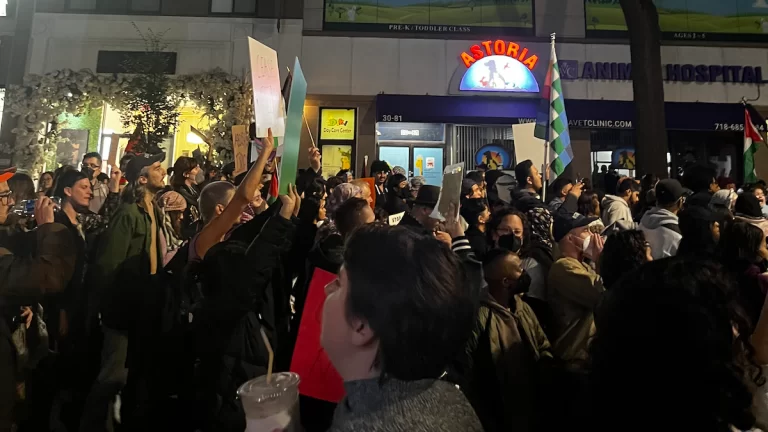
Apart from the physical violence in hate crimes, the age of social media has ushered in a new form of violence, that of “doxxing” or revealing someone’s private information online, making them targets
By Tanay Gokhale
Over the past three weeks, thousands have died, tens of thousands are injured and almost a million people have been displaced due to the ongoing violence in the Middle East. The scale of human loss and suffering is staggering, and it is no longer contained to just the Middle East – hate crimes are on the rise in the United States too.
On October 25, the Federal Bureau of Investigation, and the Department of Homeland Security warned of a heightened threat of hate crimes against the Arab, Jewish, and Muslim populations living in the United States. The warning comes a few days after a man stabbed a six-year-old Palestinian boy to death in Chicago. This was one among many reported anti-Semitic and anti-Islamic hate crimes since the conflict broke out.
Over the past two weeks, two potential hate crimes against the Sikh community were also reported in New York; a Sikh teen was physically assaulted on public transit, while a 66-year-old Sikh man died following an altercation with another man in Queens. Here in California, anti-Indian hate speech was found in a public restroom in Belmont. While these incidents may not be directly related to the ongoing conflict, they suggest growing divisions among different communities in the country.
To discuss these widening fault lines in the United States, Ethnic Media Services organized a virtual workshop with Dr. Brian Levin, from the Center for the Study of Hate and Extremism in San Bernardino; Estee Chandler from the non-profit organization Jewish Voice of Peace; and New York-based Palestinian activist Fatin Jarara.
The pattern of hate crimes in the U.S.
Using data collected by the FBI from 1991 to 2020, Dr. Levin illustrated how spikes in reported hate crimes in the United States have coincided with acts of terrorism, wars, and periods of social, political, and economic upheavals. Among others, the Hebron mosque massacre, the 9/11 attacks, the San Bernadino attacks of 2015, the election of Trump in 2016, and more recently, the Covid-19 pandemic were all followed by hate crimes. Upon examination of the numbers behind these hate crimes, a worrying trend emerges.
“What we’re seeing now is, hate crimes are not only spiking, but they’re more elongated in their spike,” said Dr. Levin. For example, while there was a massive spike in anti-Muslim crimes after the 9/11 attacks, they dropped precipitously soon after. That is not the case with more recent inciting incidents like the murder of George Floyd in 2020 and the pandemic. This suggests that the effects of the ongoing conflict might have a protracted effect that lasts weeks if not months.
Doxxing and disinformation
Apart from the physical violence seen in hate crimes, the age of social media has ushered in a new form of violence, that of “doxxing” or revealing someone’s private information online, making them targets for online or offline attacks. Following the ongoing conflict, students who expressed support for Palestine were doxxed on campuses of reputed universities like Harvard and UC Berkeley.
Estee Chandler, from the human rights organization Jewish Voice for Peace said that doxxing significantly undermines students’ and activists’ ability to express themselves politically. Furthermore, she pointed out that such attacks disproportionately affect pro-Palestinian voices given that mainstream American media often leads with the Israeli narrative.
“It’s not enough, just to say ‘on both sides’,” she said. “It is imperative that we center Palestinian voices and their experience.”
Both Levin and Chandler emphasized that disinformation on social media is another crucial factor that fans the pre-existing hateful sentiments among communities in the United States. Activist Fatin Jarara said that when the media and politicians propagate such disinformation, it creates a hostile environment that encourages violent elements.
She cited a recent example in which President Biden confirmed claims of Hamas beheading babies that were later found to be disinformation. The White House eventually offered a clarification, but Jarara believed that the damage was already done. Another instance was a doctored document making the rounds on the internet suggesting that Biden had pledged $8 billion in military aid to Israel.
“And that’s how deep the manipulation goes in the context of the United States,” she said, urging citizens to fact-check each and every piece of incendiary information they see online. Websites like Snopes, Full Fact, and FactCheck are good places to start and reputed media organizations also conduct fact-checking investigations like this one.
__________________